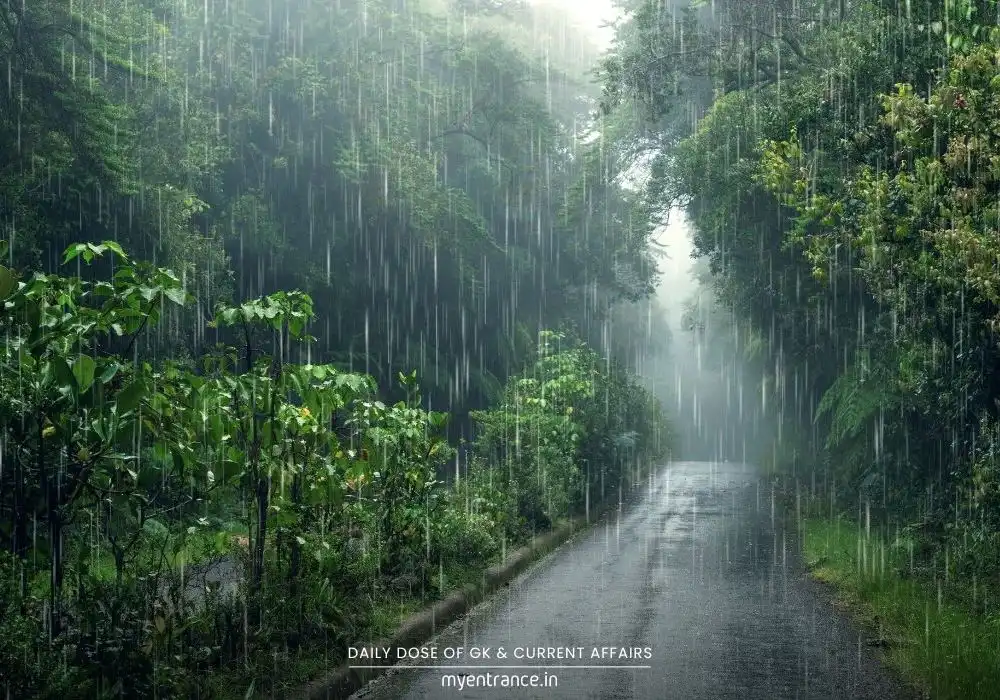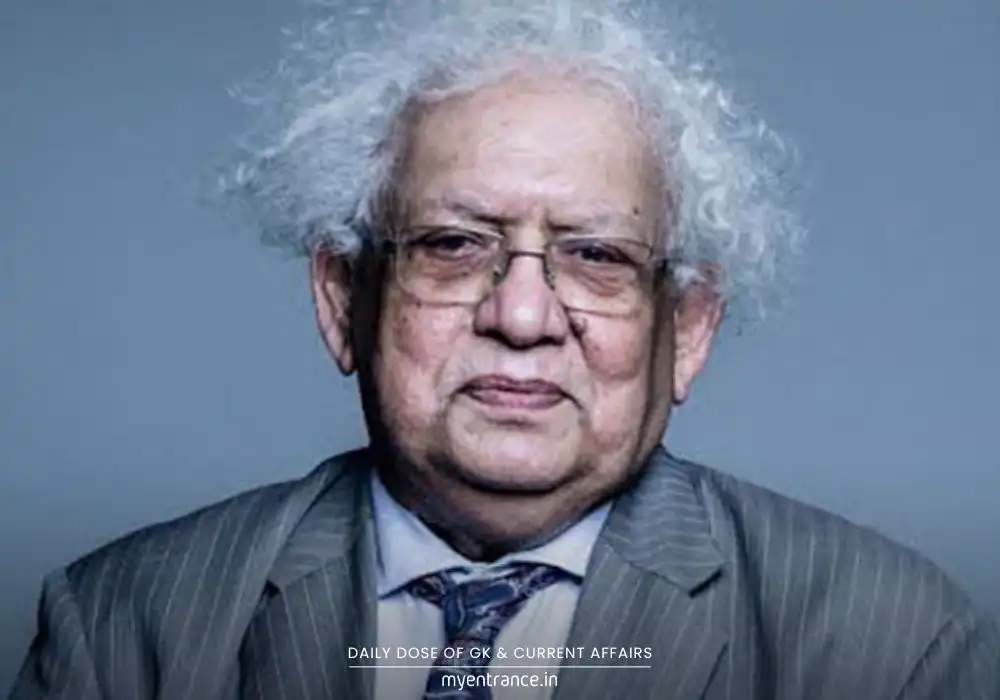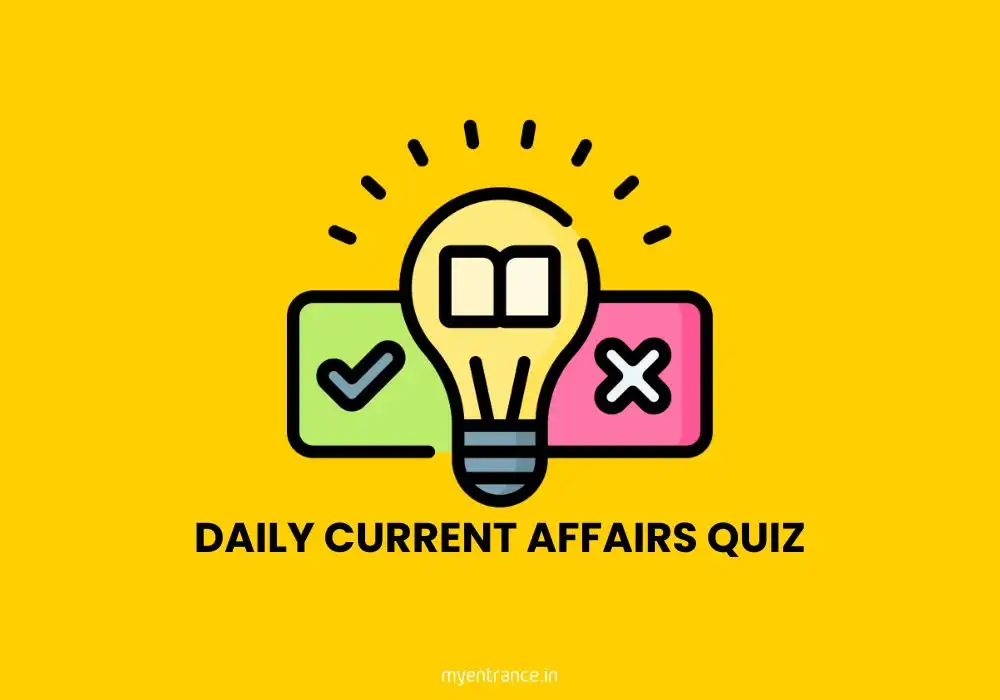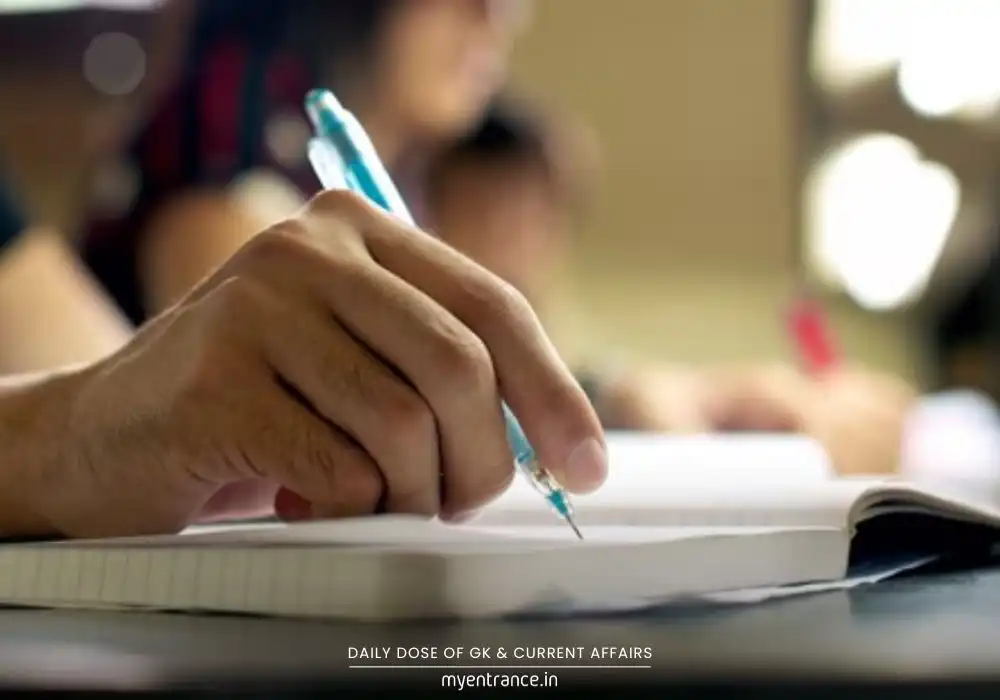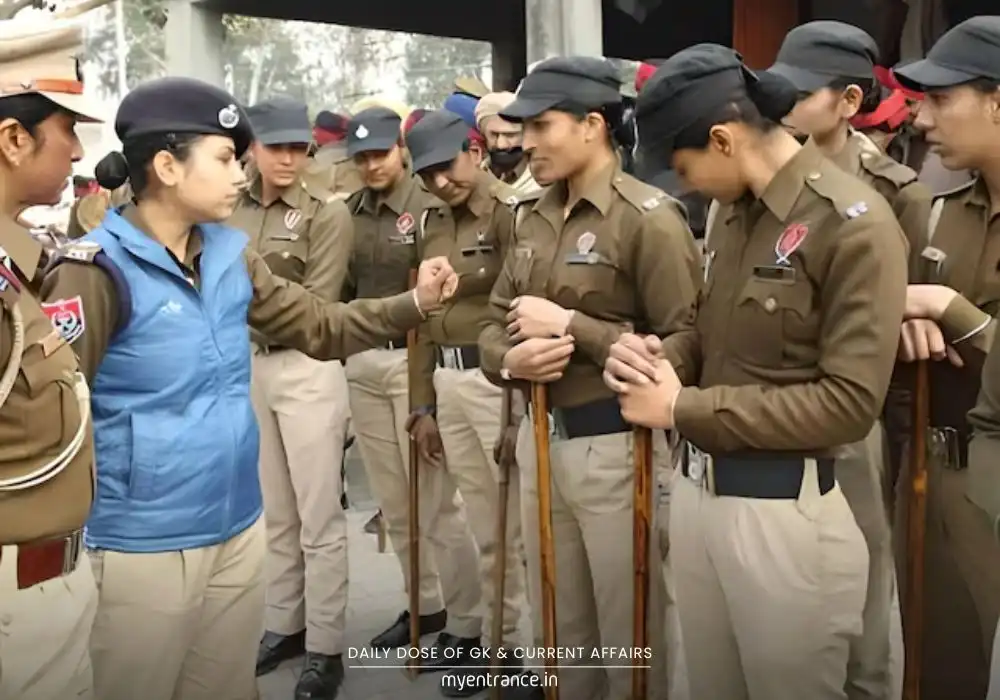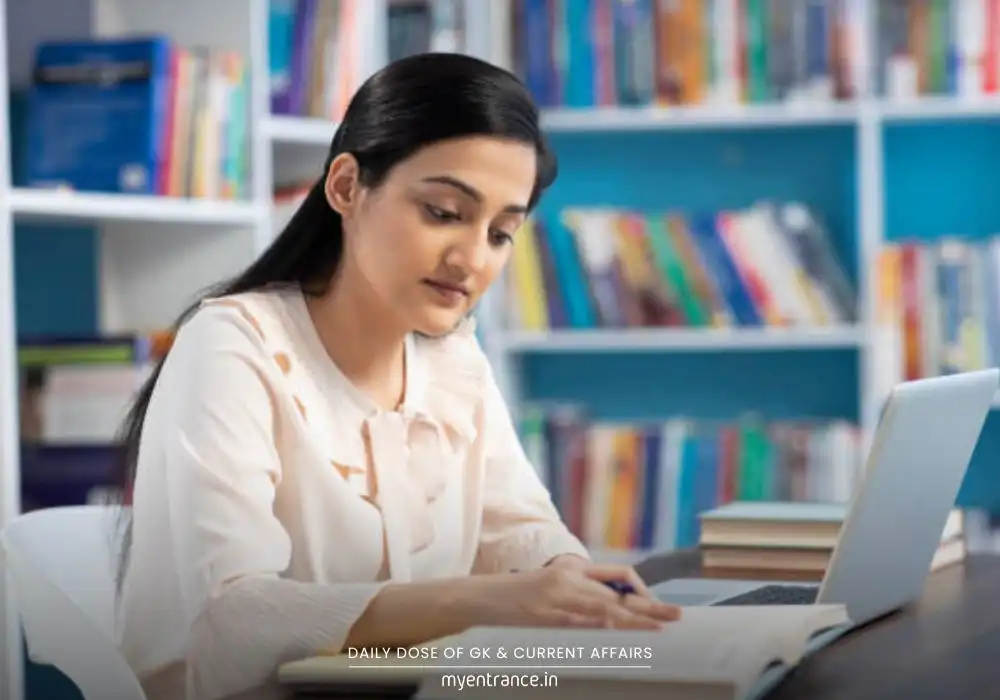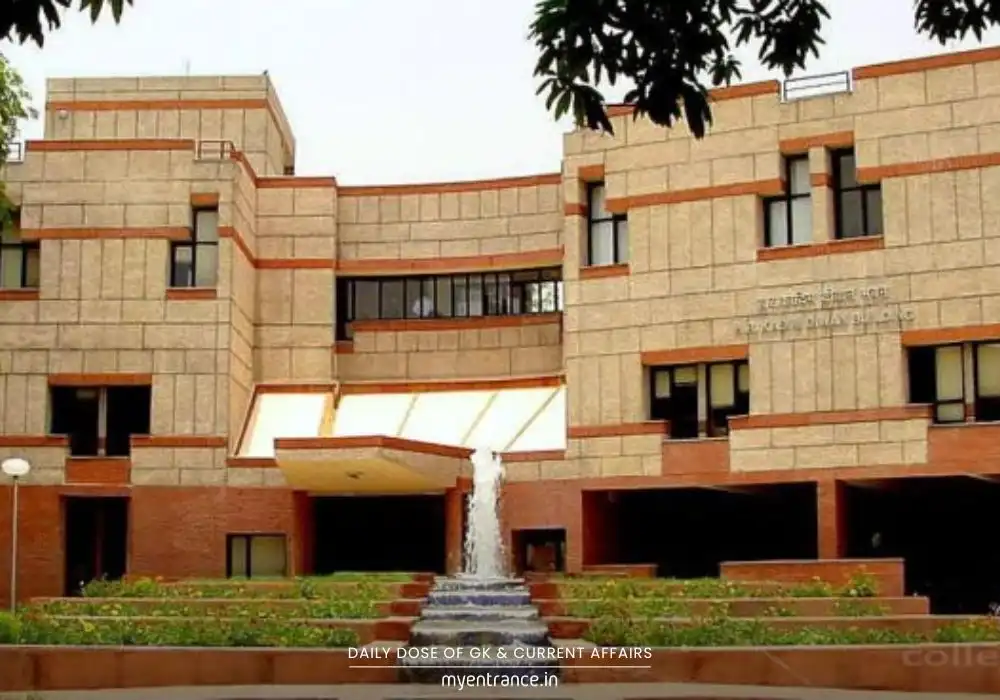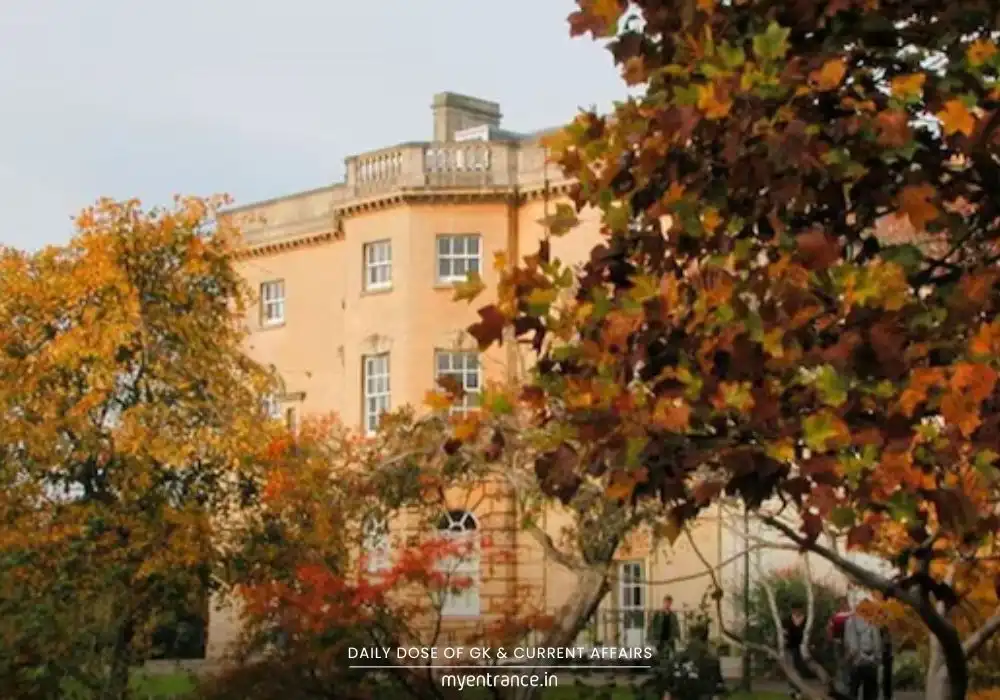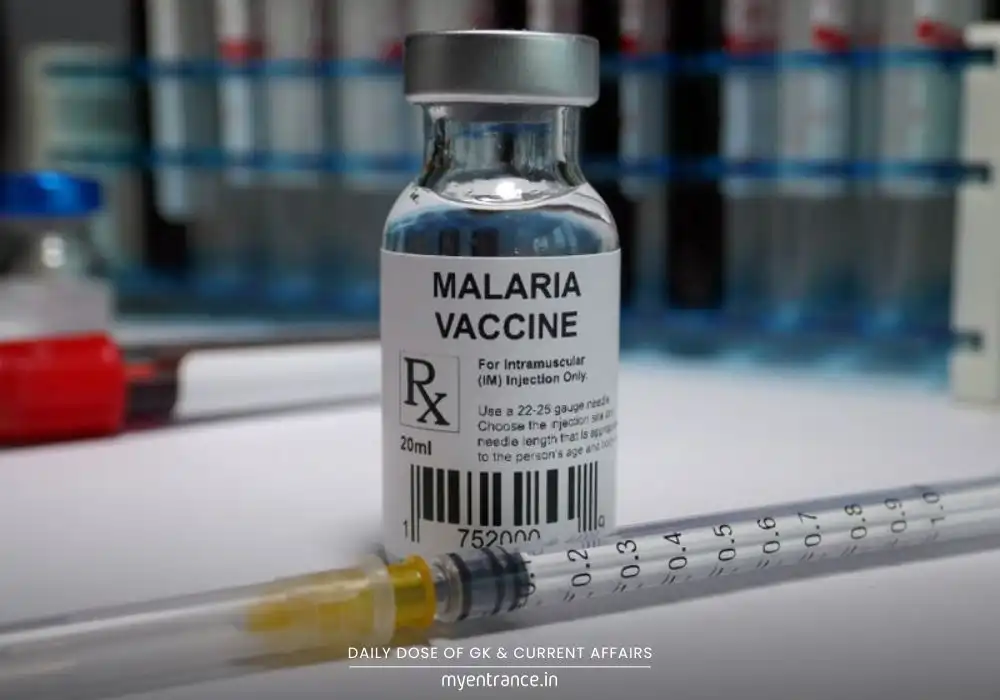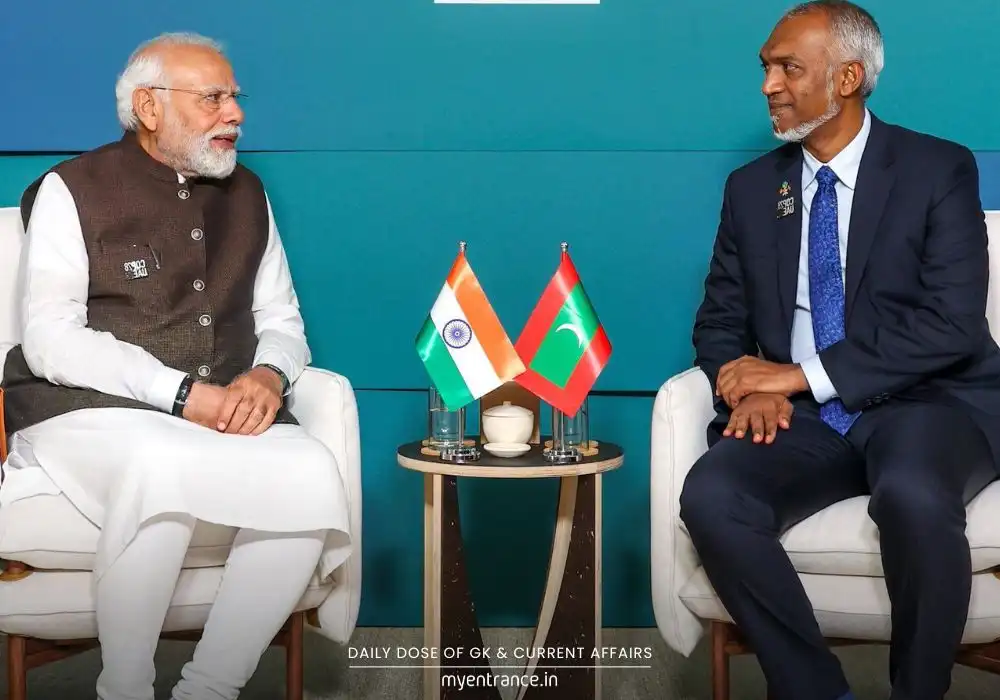Translate Language
Beyond Exams: Can New Supreme Court Guidelines Truly Save Students’ Lives?
Disturbed by the tragic rise in student suicides, particularly in high-pressure coaching environments, the Supreme Court of India has taken decisive action. It issued 15 nationwide, binding guidelines to address a critical “legislative and regulatory vacuum” in student suicide prevention, mandating immediate changes for all educational institutions.
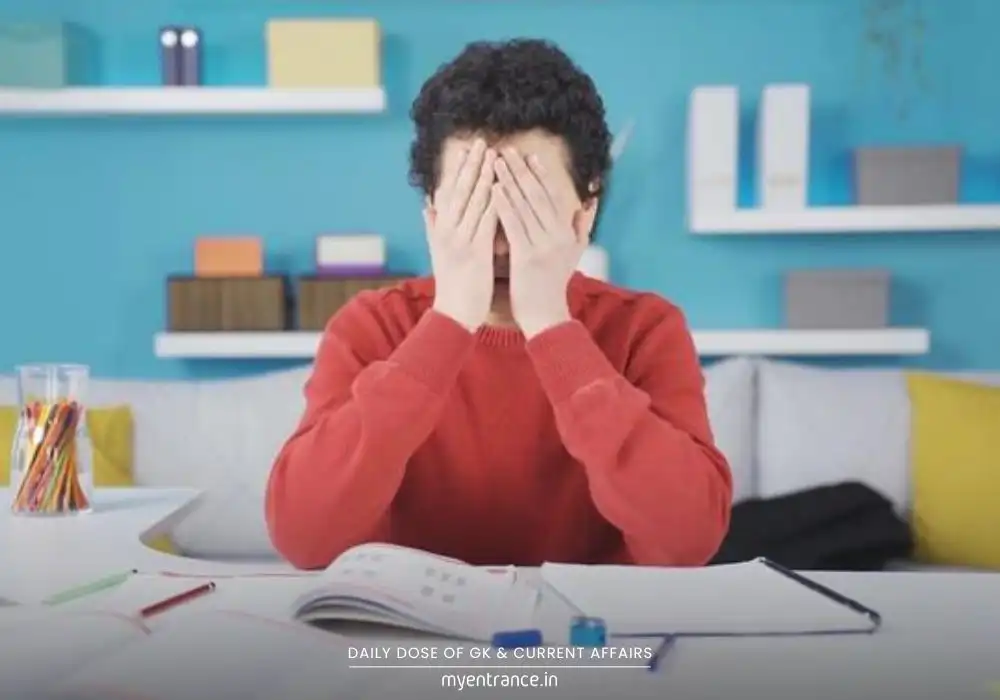
The heartbreaking trend of young lives lost to suicide on campuses and in coaching centres has finally spurred the highest court into action. Recognizing a glaring gap in India’s system – a “legislative and regulatory vacuum” specifically concerning student suicide prevention – the Supreme Court bench of Justices Vikram Nath and Sandeep Mehta stepped in. On Friday, they issued 15 powerful, pan-India guidelines designed to create a safer, more supportive environment for students everywhere.
This landmark move comes amidst growing concern over the immense mental strain faced by students, especially those preparing for high-stakes exams like NEET, JEE, UPSC, and others in intense coaching hubs. The court’s intervention highlights the urgent need for a unified, enforceable framework to protect our youth.
Here’s the core of what the Supreme Court mandates:
Mandatory Mental Health Policy: Every educational institution across India – from schools and universities to coaching centres and hostels – must adopt and implement a uniform mental health policy. This policy should draw inspiration from existing government initiatives like the Ministry of Education’s “Ummeed” draft guidelines (focusing on Understand, Motivate, Manage, Empathise, Empower, Develop) and the “Manodarpan” initiative, alongside the National Suicide Prevention Strategy.
Access to Professional Help: Institutions with 100+ students must appoint or engage at least one qualified counsellor, psychologist, or social worker specifically trained in child and adolescent mental health. Smaller institutions must set up formal links with external mental health professionals.
Making Campuses Physically Safer: Residential institutions have a critical duty: install tamper-proof ceiling fans or safety devices and restrict access to rooftops, balconies, and other high-risk areas to prevent impulsive acts of self-harm.
Zero Tolerance for Toxic Pressure: Coaching centres and all educational bodies are strictly instructed to stop practices that harm student well-being. This includes:
Segregating student batches based purely on academic performance.
Public shaming or humiliation tactics.
Setting unrealistic academic targets that ignore individual student capacities.
Protecting Whistle-blowers & Ensuring Action: The court stressed “zero tolerance” for retaliation against anyone reporting concerns or violations. Immediate referral to mental health professionals is mandatory in such cases, prioritizing the student’s safety. Critically, failure to act promptly will be treated as “institutional culpability,” making the administration liable legally and regulatorily.
Binding Until Law is Made: These guidelines aren’t just suggestions; they are legally binding directives that will remain in force until Parliament or regulators enact specific legislation on this crucial issue.
The ruling emerged from a case concerning the tragic suicide of a 17-year-old NEET aspirant in Vishakhapatnam. It underscores the immense pressures faced by students in competitive environments. While highlighting the government’s existing efforts (like Manodarpan reaching lakhs via helplines and the DMHP covering 767 districts), the court clearly saw the need for stronger, enforceable national standards.
Why is this significant for exam aspirants and parents? It directly addresses the dangerous environment in some coaching centres and institutions, pushing for systemic change to prioritize student well-being alongside academic achievement. Knowing these guidelines exist empowers students and parents to demand safer, healthier learning spaces.
The Stark Reality (Do You Know?):
Student suicides tragically accounted for 7.6% of all suicides in India in 2022 (slightly down from 8.0% in 2021 and 8.2% in 2020).
Addiction among youth was also flagged by the court as a growing, intertwined challenge needing urgent attention.
This Supreme Court verdict is a crucial step towards acknowledging and actively combating the mental health crisis impacting India’s students. Its success hinges on strict implementation and a collective shift towards prioritizing student well-being as fundamental, not optional.
Q&A on Campus Suicides & SC Guidelines (Exam Focused)
Q: What critical gap did the Supreme Court identify regarding student suicide prevention in India?
A: The Supreme Court identified a “legislative and regulatory vacuum” – the absence of a unified, enforceable national framework specifically designed to prevent suicides among students in educational institutions and coaching centres.
Q: What are the two key government initiatives the Supreme Court directed institutions to base their mandatory Mental Health Policy on?
A: Institutions must base their uniform mental health policies on the Ministry of Education’s “Ummeed” draft guidelines (focusing on Understand, Motivate, Manage, Empathise, Empower, Develop) and the “Manodarpan” initiative.
Q: What specific infrastructure changes did the SC mandate for residential institutions to prevent impulsive suicides?
A: The Court mandated residential institutions to install tamper-proof ceiling fans or equivalent safety devices and restrict access to rooftops, balconies, and other high-risk areas.
Q: What three harmful practices did the Supreme Court specifically direct coaching centres and educational institutions to STOP?
A: The Court directed them to refrain from:
Segregating student batches based solely on academic performance.
Engaging in public shaming or humiliation of students.
Assigning academic targets that are disproportionate to a student’s individual capacity.
Q: What is the consequence for institutions that fail to take timely action on complaints related to student mental health or harassment, according to the SC guidelines?
A: Failure to take timely or adequate action will be treated as “institutional culpability,” making the administration liable to face regulatory and legal consequences. The Court emphasized “zero tolerance” for retaliation against complainants.
Get 3 Months Free Access for SSC, PSC, NIFT & NID
Boost your exam prep!
Use offer code WELCOME28 to get 3 months free subscription. Start preparing today!


